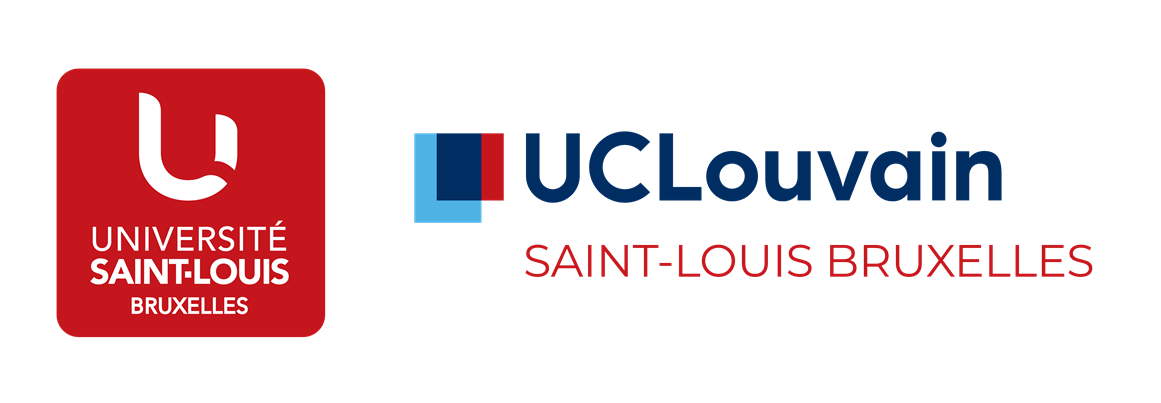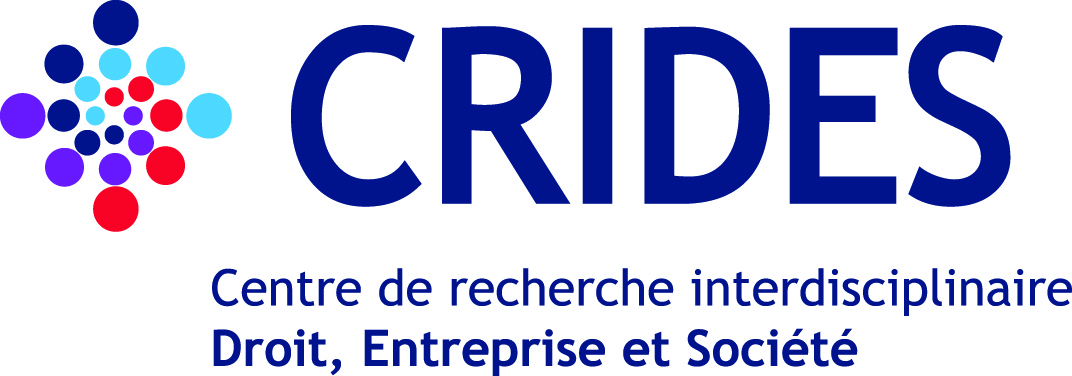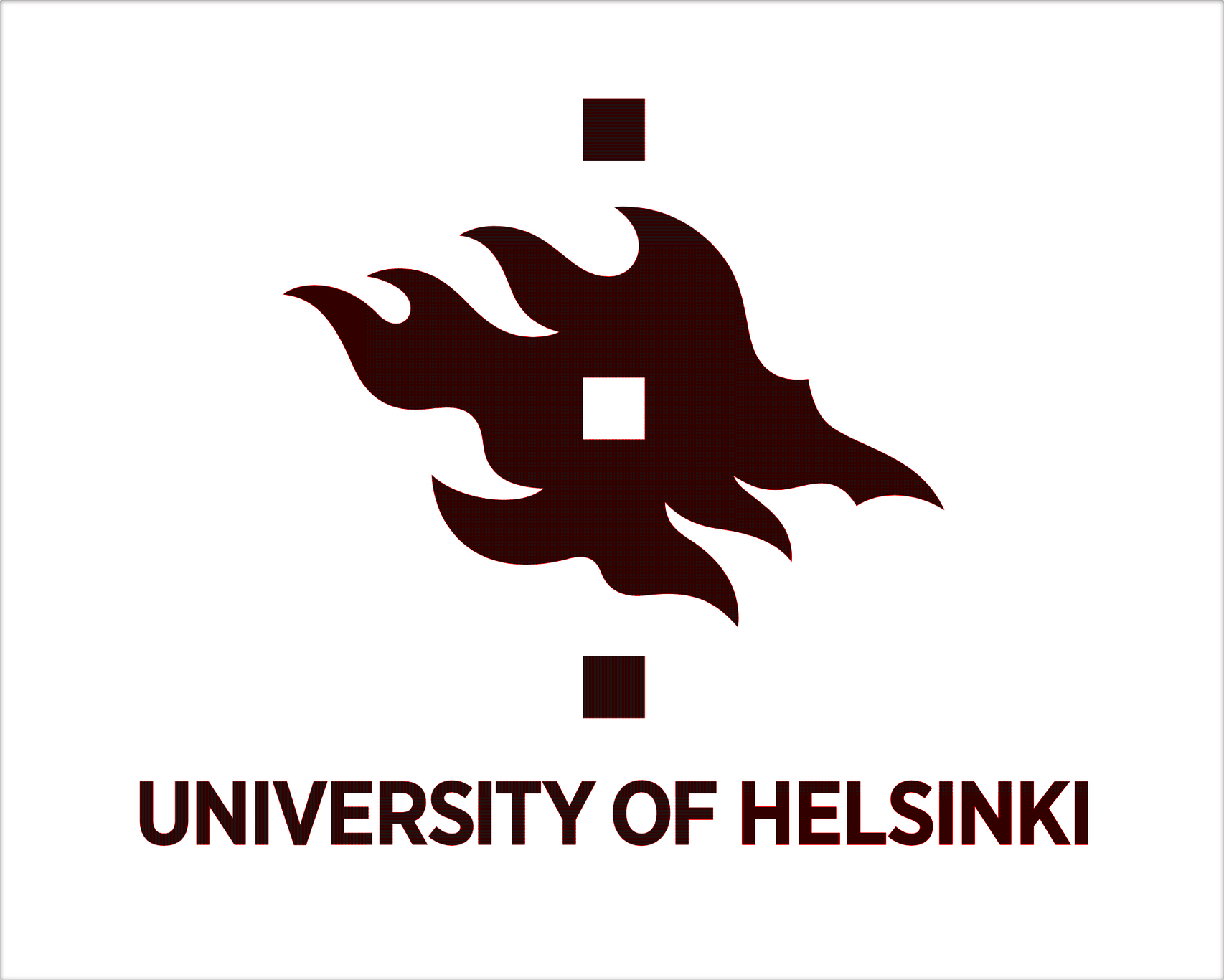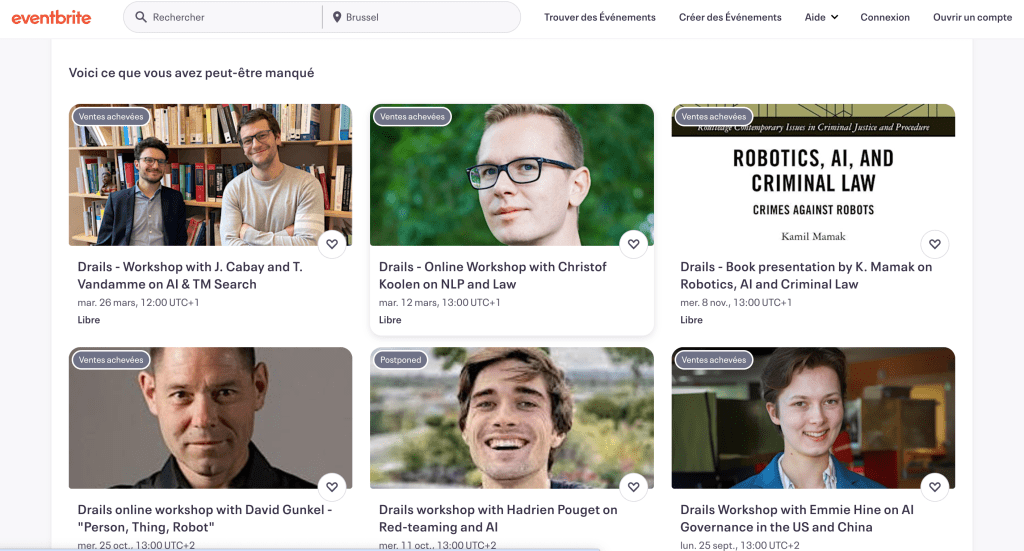Research Group on Data, Robotics, Artificial Intelligence, Law & Society (DRAILS)
The DRAILS Research Group or Research Group on Data, Robotics, Artificial Intelligence, Law & Society is an initiative of the CRIDES (UCLouvain), the CRIDS (UNamur) and of researchers at USL-Bruxelles, KULeuven and the University of Helsinki which aims at bringing together scholars and experts in the social sciences and the humanities in order to investigate emerging challenges raised by digitalization and Artificial Intelligence (AI) in their respective fields of research.
DRAILS works as a multidisciplinary platform of exchanges between its members. The diversity of their fields of expertise (law, philosophy, ethics, economy, sociology, etc.) should allow for a comprehensive apprehension of the different dimensions of digitalization as a societal phenomenon.
Areas under current investigations cover issues raised by platforms (content moderation, deepfakes, fake news, rating systems, disinformation), Artificial Intelligence (legal status, transparency and explainability, liability), Data (access, portability, profiling), cybersecurity and e-Governance.
The presentations and open discussions on various topics take place at regular workshops and seminars, or at conferences more broadly open to the public and during which DRAILS members present either their research results or novel developments occurring in their fields of expertise.
While its main research focus lies within the fields of social sciences and the humanities, DRAILS is also open to collaborating with experts in computer science, engineering and other scholars in the Science and Technology Sector for a better chance at understanding the digital transformation of society.







Next event
DRAILS is back for a new academic year!
You will find the list of all our upcoming (and past) events on our Eventbrite page!
Don’t hesitate to follow us there for all the latest information!

